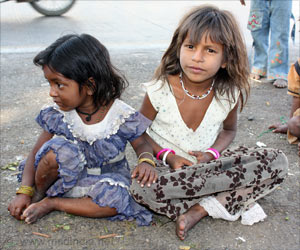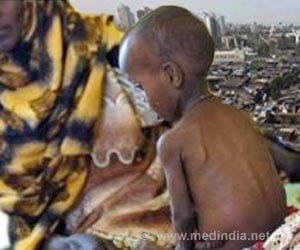Study found a link between poverty and worse disease-associated medical complications over time.

‘The frequency of adverse pregnancy outcomes in Black and Hispanic lupus patients was approximately twofold greater than that in White patients.’





To estimate the effect of poverty on damage to organ systems in patients with lupus, Edward Yelin, PhD, of the University of California, San Francisco, and his colleagues followed 783 patients from 2003 to 2015 through annual interviews. Respondents were categorized in each year by whether they were in households ?125% of the Federal Poverty Level.After adjusting for sociodemographics, health care characteristics, and health behaviors, poverty in 2009 was associated with an increased level of accumulated end-organ damage in 2015 and a 1.67-times increased likelihood of experiencing a clinically meaningful increase in such damage. Being poor in every year between 2003 and 2009 was associated with greater damage than being poor half of years or more, fewer than half of years, or no years. Those who transitioned out of poverty permanently had similar increases in end-organ amage as those who were never in poverty but much less damage than those who remained in poverty.
"Persistent poverty and being poor in an area of concentrated poverty seem to worsen the amount of disease damage over time, while exiting poverty may alleviate it," said Dr. Yelin. "We have also shown that chronic stress associated with poverty may play an important role in why the poor experience more damage. Such stresses may include having to deal with food, housing, and medical care insecurity."
Preliminary evidence from prior studies suggests that poverty may be implicated in damage associated with lupus, but this study goes beyond these findings to show that the "dose" of poverty--in terms of the number of years of poverty, living among others who are poor, and exiting poverty--may affect the magnitude of damage. Therefore, providing high quality medical care is not sufficient to alleviate the adverse health effects of poverty on patients with lupus. "Asking health care providers to reverse the strong currents battering the poor may be a very tall order. Nevertheless, responsible clinicians do try hard to reduce the load on the poor with lupus," said Dr. Yelin.
In the Arthritis Care & Research study, a team led by Jane Salmon, MD, of the Hospital for Special Surgery in New York City, examined rates of adverse pregnancy outcomes, such as fetal death, preterm delivery due to preeclampsia, and fetal growth restriction, by race/ethnicity among 408 women with lupus, and whether socioeconomic status accounted for differences.
Advertisement
Dr. Salmon noted that many previous studies have confirmed disparities in adverse pregnancy outcomes among racial/ethnic groups, with most noting non-Hispanic White race as protective. Others have shown disparities in adverse pregnancy outcomes between women of different socioeconomic status. "However, we know of no studies to date that attempt to disentangle the factors that make up the race/ethnicity variable, such as socioeconomic status and genetics when analyzing these disparities," she said. Because all patients were seen each month of pregnancy by study rheumatologists and/or obstetricians with expertise in lupus pregnancy, and compliance with study visits did not vary with race/ethnicity, the strong effect of socioeconomic factors was unexpected.
Advertisement
May is Lupus Awareness Month, and May 10 is World Lupus Day.
Source-Eurekalert










